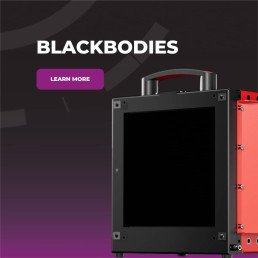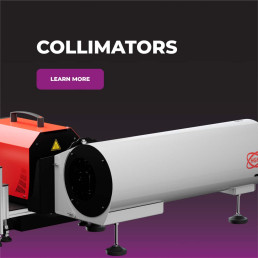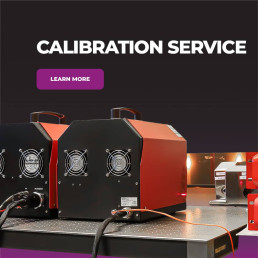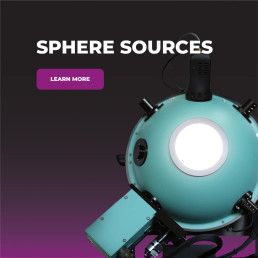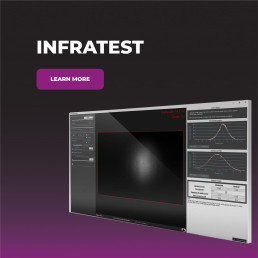DISCOVER THE
ONE EXTRA YEAR OF WARRANTY WITH THE PURCHASE OF A BLACKBODY
Until December 15th 2025
DISCOVER THE ARTICLE
SPIE SENSORS 2025 #136740T-1
High thermal homogeneity of flat-plate infrared calibrator
HGH ELECTRO OPTICAL TEST SOLUTIONS
Pioneer in electro-optical technologies since 1982, HGH develops advanced optical testing solutions for optronic systems and provides high precision equipment, unparalleled technical support and measurement services. These cutting-edge infrared and visible test equipment range from blackbodies, integrating spheres sources and laboratory collimators or integrated test benches for workshops. All are driven by the comprehensive INFRATEST software.
HGH solutions offer to camera manufacturers, research labs, detector and core manufacturers and test centers around the world the most reliable and independent test results allowing them to meet the highest industry standards and innovate in their areas of expertise.
STRIVING FOR INNOVATION AND TECHNICAL EXCELLENCE
Committed to technical excellency, HGH puts innovation first. At HGH R&D department, experienced infrared and optics experts strive to search for electro-optical innovation and offer to industry leaders cutting edge technologies to meet their ever changing needs in demanding environments including space, defense, research, manufacturing and maintenance.
MARKETS
Thermal Imagers
Thermographic Camera Calibration
Detectors & IR cores Manufacturing
Space & Earth Observation
Focal Plan Array Testing
Multi-axis Systems Testing
Night Vision Device Testing
Maintenance & On-field applications
SERVICES
LABORATORY SERVICES
In order to guarantee to customers the highest availability of equipment and optimal operational performance, HGH offers a large range of metrology services including IR source calibration & measurement, EO system measurement, and training. HGH benefit from cutting edge laboratory equipment and internal resources allowing them to deliver customers unique expertise and independent test reports.
ENGAGE WITH HGH
For more information on how HGH electro optical test solutions can benefit operations, or to schedule a demonstration, reach out to HGH team of experts. They will be eager to build a customized test solution and ensure the accuracy, traceability and reliability of each measured parameter.

